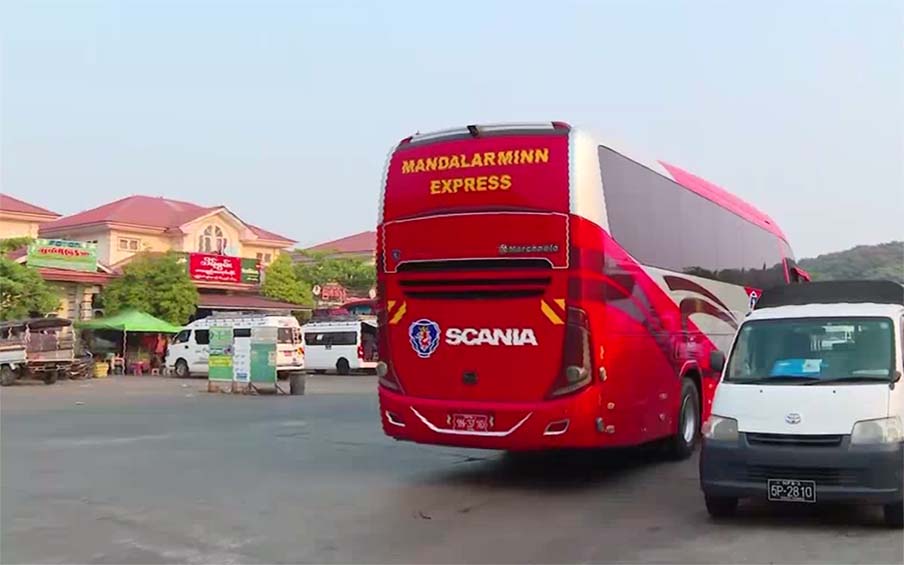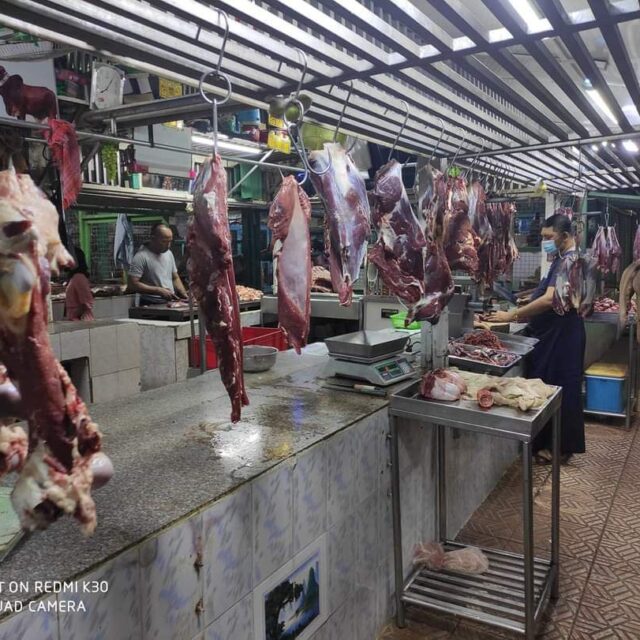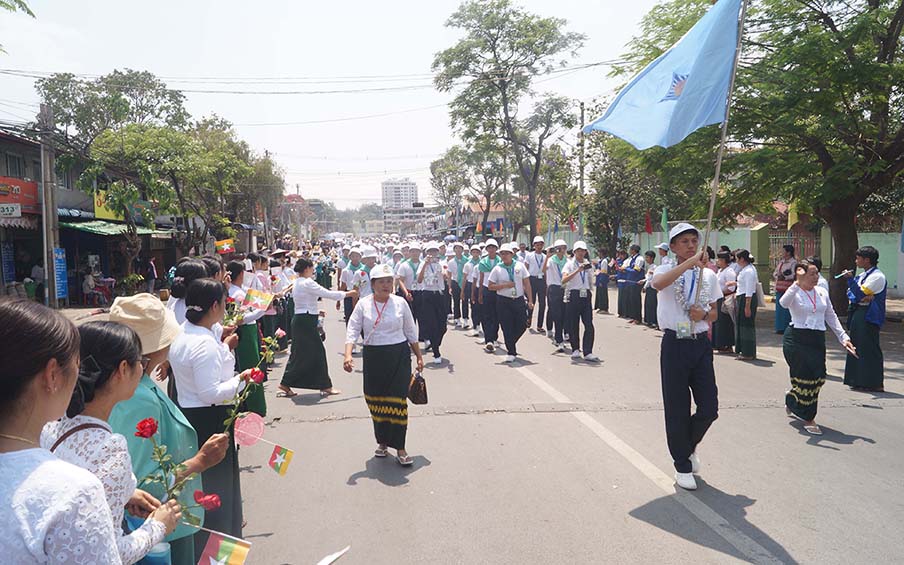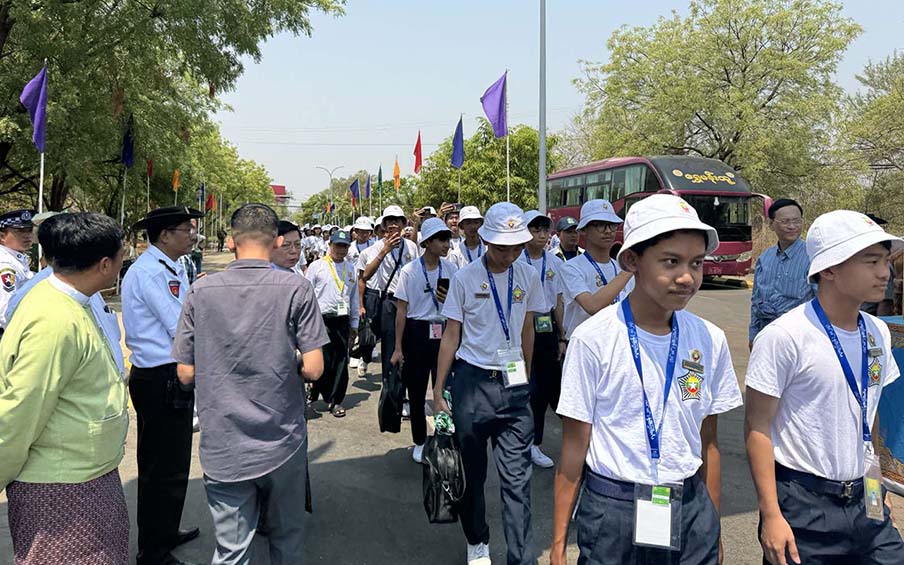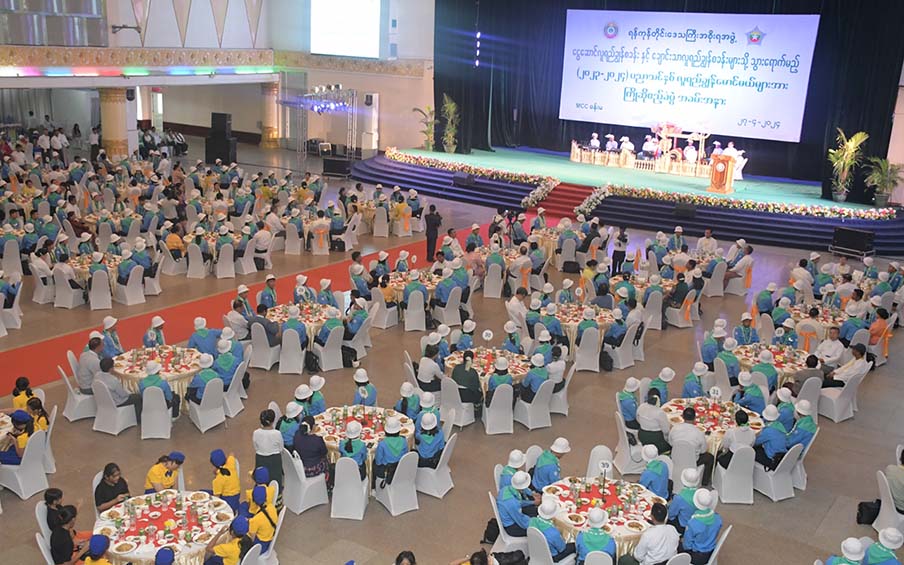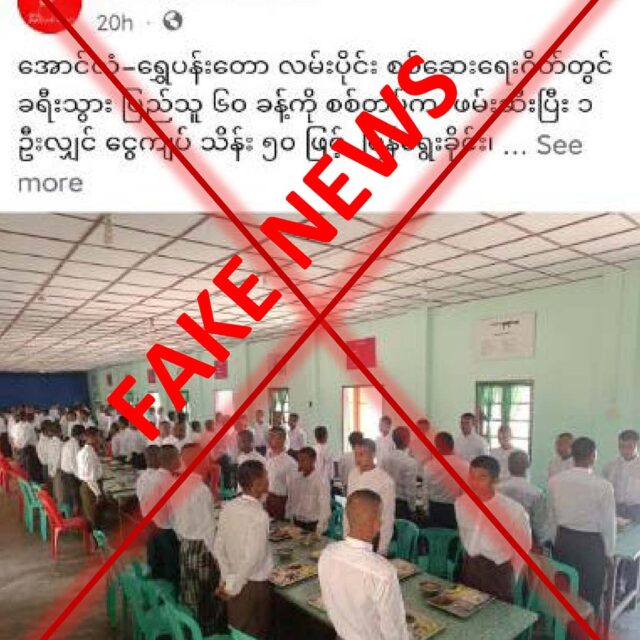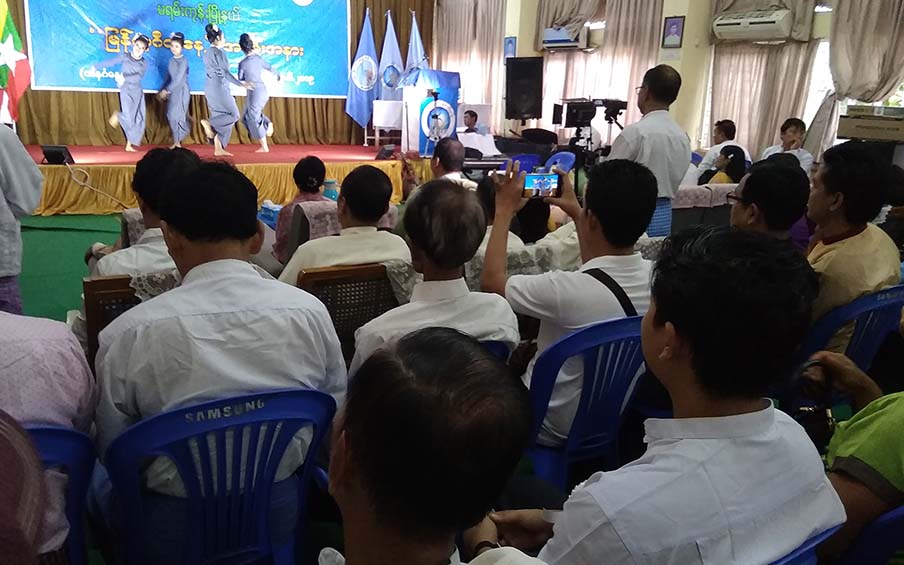Myanmar has taken a significant stride towards enhancing bilateral trade by introducing direct payment systems for various currencies. The yuan/kyat and baht/kyat systems were previously established to bolster trade with China and Thailand, facilitating Myanmar’s business entities and government trade organizations to secure robust market shares in their relevant partner countries.
Recent discussions between Myanmar and Indian officials have revolved around the initiation of a rupee/kyat direct payment system, aiming to catalyze the trade processes between the two nations. During a recent meeting, the Governor of the Central Bank of Myanmar and the Indian Ambassador to Myanmar emphasized the implementation of the rupee/kyat direct payment system to ensure mutual benefits for both countries.
India holds a significant position as Myanmar’s fourth-largest export market and sixth-largest import partner among the member countries of the Asian Clearing Union (ACU), which includes Bangladesh, Bhutan, India, Iran, Maldives, Myanmar, Nepal, Pakistan, and Sri Lanka. Myanmar engages in regular trade processes and border trade with Indian partners. The new payment system is now in operation following the issuance of guidelines for the Special Rupee Vostro Account (SRVA). This development involves a diplomatic exchange between the Indian Embassy and the Road and Belt Initiative, allowing businesspersons to apply for the new payment and clearance through banking services using the rupee.
Punjab National Bank, CB Bank, and UAB Bank have been granted permission to oversee rupee/kyat payments and operate the Rupee/Kyat Trade Settlement Mechanism. The success of this initiative relies not only on the management efforts of both governments but also on the trade techniques and endeavours of businesspersons, contributing to the promotion of trade value. The introduction of this new system is expected to streamline Myanmar’s border trade camps, ensuring a smooth process of border trade measures with India to boost the businesses of residents and the Myanmar Government.
As a result, Myanmar’s business entities can now conduct their export and import activities seamlessly with three neighbouring countries — India, China, and Thailand — using direct payments based on the respective currencies. This is particularly advantageous for trade through land borders and maritime routes. Moreover, Myanmar has a unique opportunity to officially export black beans, pigeon peas, and green grams to India until the 2025-2026 financial year, given India’s status as a major bean market for Myanmar. Overall, the newly approved rupee/kyat direct payment system presents a promising avenue for fostering trade relationships and economic growth.
Successfully initiate rupee/kyat direct payment system
- February 18, 2024
- 133






